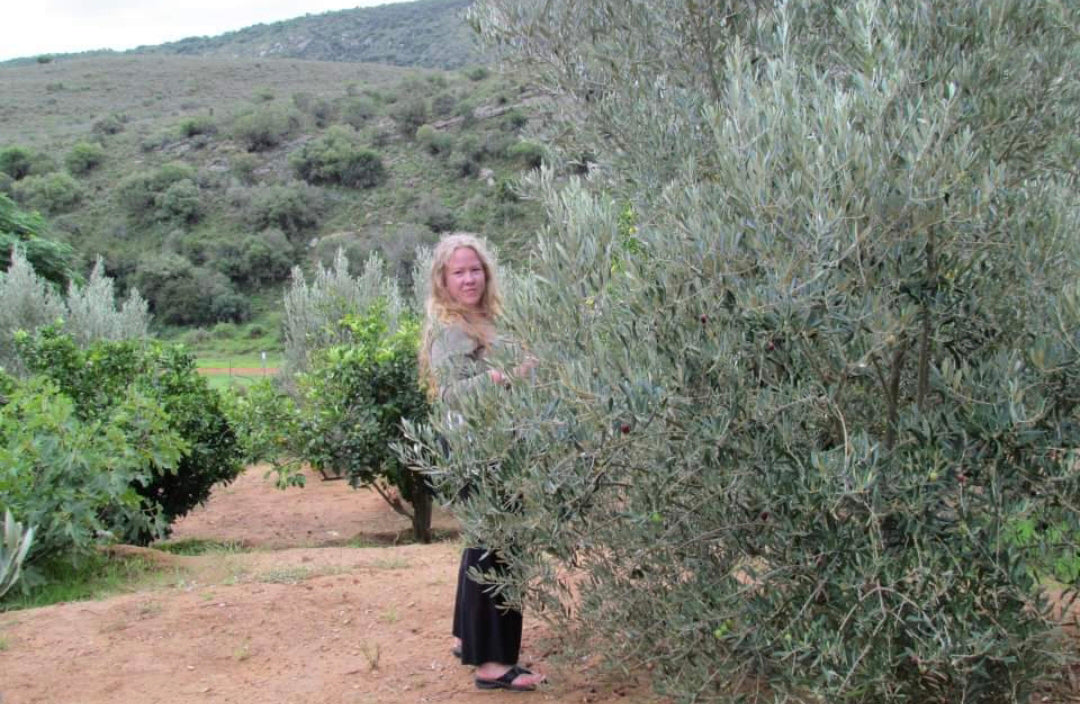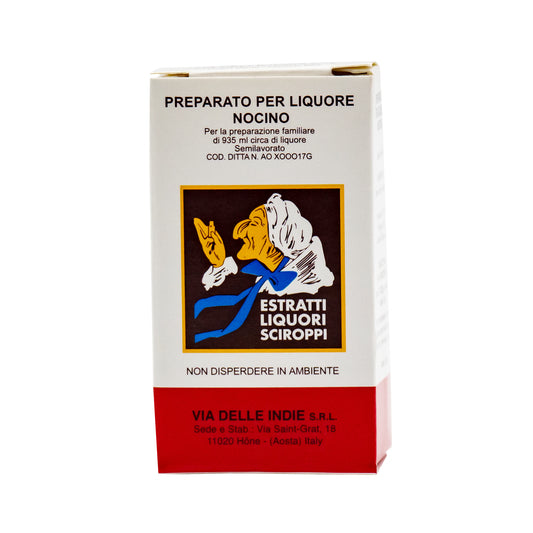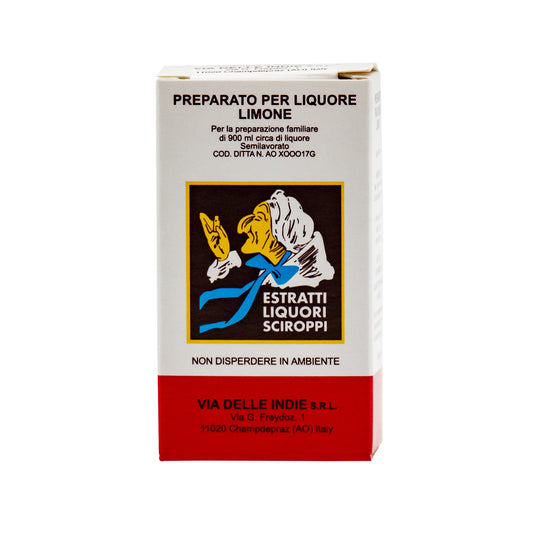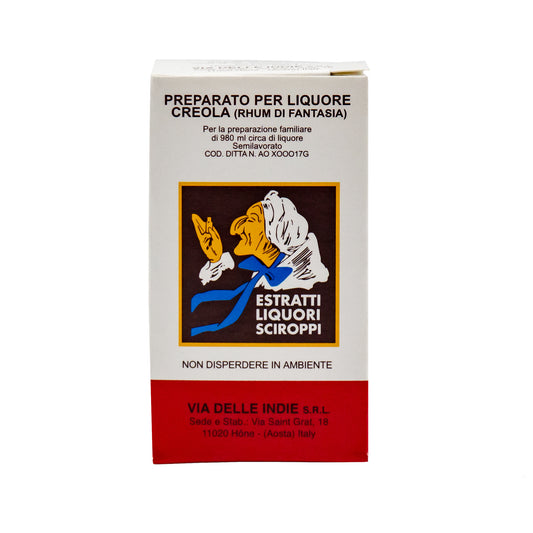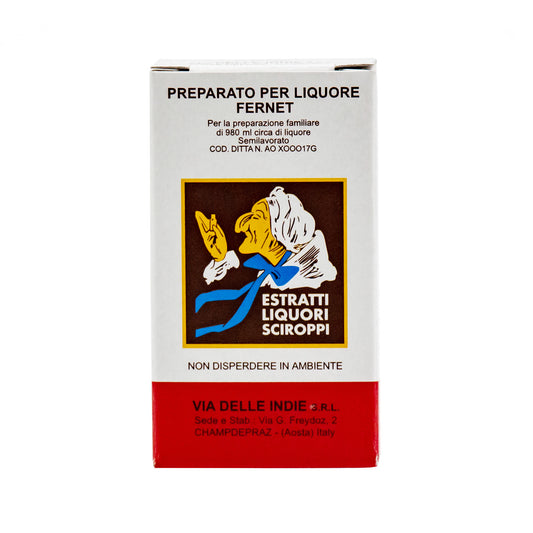In 2013 our e-commerce coordinator went back to South Africa to visit her family and arrived just as her Mother's 100 olive trees were fruiting. With little else calling on her time in the African bush she was able to spend the next couple of months picking and curing several drums filled with olives.
Together with her Mum, Sandy, they read up on all the recipes they could find and combined all the elements they liked to come up with the recipe and method we now share with you all here!
We hope you enjoy this recipe from deepest Africa!
Olive curing recipe and processes, the African method!
1: Put olives in a large bucket or wide neck demijohn that has a lid and cover the olives with water. You will need a weight or grid to hold the olives underwater. (TIP: If you don't have a weight a ziplock bag filled with water and placed on top does the trick too!) Make sure you remove all of the stems off the olives. Some can be a little tough to get out but will loosen as the curing process goes on.
2: Rinse the olives daily for 3 weeks. If you forget a day or 2 here and there there's no need to worry the olives will be fine. It's good to check the olives while doing this and remove any that have soft or potentially rotten bits. (TIP: If your unsure start a separate smaller jar with these olives so they don’t affect the good ones. Put all olives with little stings into this separate jar as well.)

3: Make a 10% salt mix with water. (500g salt for 5lt water) and rest the olives in the mix for one week. Taste after one week if they still very bitter rinse the olives and sit in fresh 10% salt water mix for another week. (Last year we had quite large olives so we left them for three weeks.)
4: Sit the olives in a good quality brown vinegar for 24 hours
5: Then it's time to make your pickle and bottle them!
Olive pickling recipe:
1: Add 300g of rock salt to 4.5 litres of water and boil till the salt is dissolved.
2: Add 250ml brown vinegar once it cools.
3: Wait for the pickle to cool before transferring it to your jars and olives.
4: Fill your jars with olives, add the pickle and add whatever flavours you want. Don't be scared to experiment here!
Dried garlic, chilli (whole or flakes), fresh or dried herbs (we used mainly rosemary and thyme) lemon slices are great too.
Your brine should go all the way up to just below where the lid will screw onto the jar, then add olive oil over the top until it completely covers the pickle and olives.

Store the jars in a cupboard until your ready to eat them.
These will be ready in a couple of weeks but the longer you leave them the better.
Enjoy!

